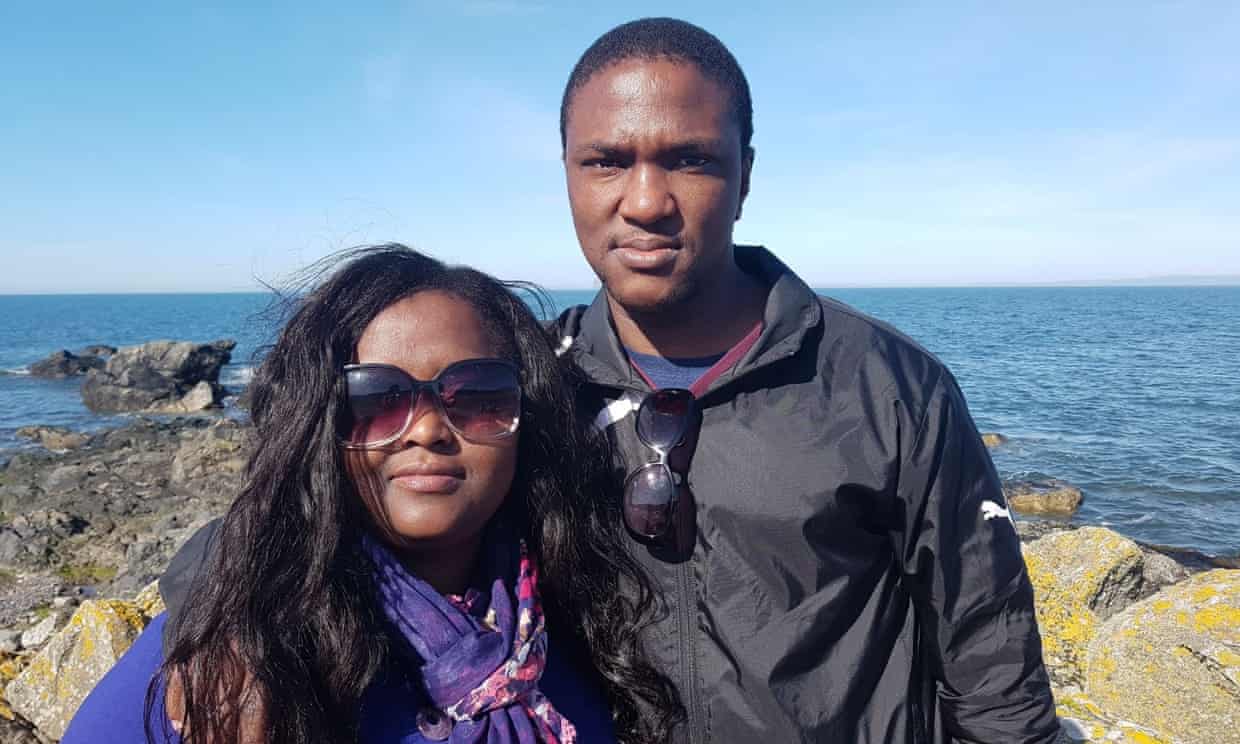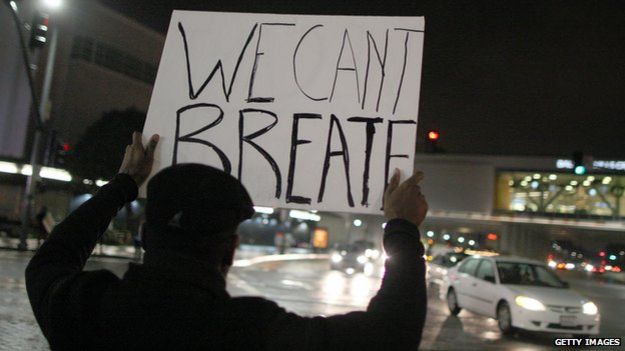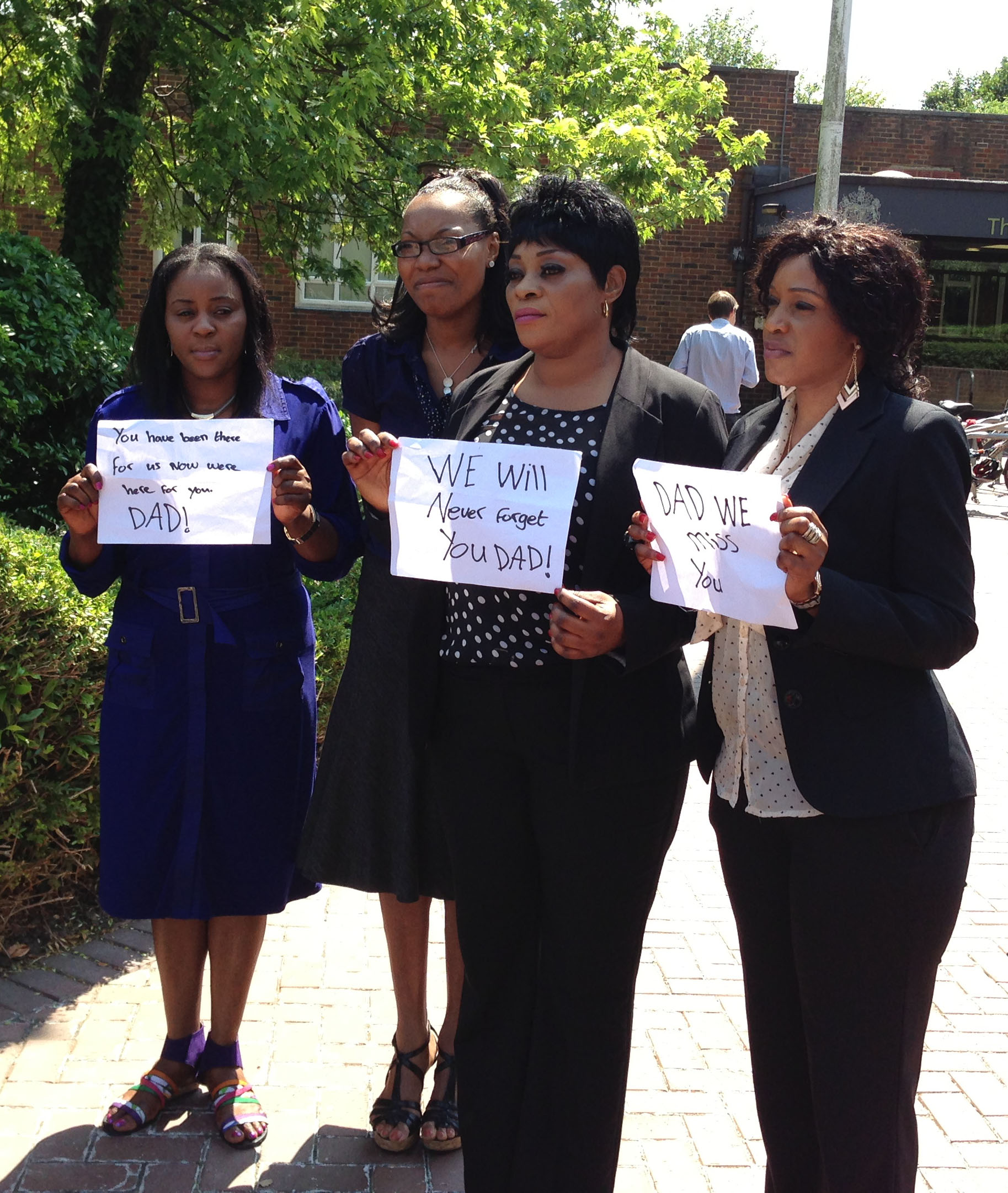
Nancy and Fusi Motsamai
On March 12, 35-year-old South African Nancy Motsamai died. Actually, she was killed by the English government. Why did the English government hate this woman so? According to her husband, Fusi Motsamai, “Nancy was the kind of person who would light up the room with her smile. She loved helping others and volunteered to help at the church with different youth programmes. She believed in justice and used to get cross when injustice happened to others and no one was held accountable for it.” Rest in peace and power Nancy Motsamai. Hamba kahle.
The story is short, brutal and all too familiar. The couple had worked in the United Kingdom for over a decade. When they tried to renew their visa, they ran into unspecified difficulties. As a result, they had to report regularly to Eaton House, a Home Office center in west London. On March 7, they showed up for a regular check-in and were told they were to be deported to South Africa that day. While at Eaton House, Nancy Motsamai said she felt unwell. At Heathrow, Nancy Motsamai collapsed. An immigration officer accused her of faking illness. According to Fusi Motsamai, “He told Nancy that he would handcuff her hands and feet and make her walk to the plane like a penguin, and that he would put her onto the plane even if he had to carry her.” He would make her walk to the plane like a penguin.
Fusi and Nancy Motsamai were detained, separately, for a night. A nurse said Nancy Motsamai was too sick to be detained. The nurse was overruled. The next day, Fusi and Nancy Motsamai were released. Nancy Motsamai collapsed. Five days later, March 12, Nancy Motsamai died … of a pulmonary embolism. Then, the English government failed, or refused, to return Nancy Motsamai’s passport to her husband, which meant she could not be transported to South Africa for burial. Despite numerous requests from the family, the so-called Home Office never returned Nancy Motsamai’s passport. Instead, the country’s high commission provided a special travel document, and so, only on April 5, Nancy Motsamai returned to South Africa.
Meanwhile, on March 30, 18 days after her death, the Home Office did manage to text a warming to … Nancy Motsamai, informing her of dire consequences if she did not show up for an April 5th appointment. Fusi Motsamai explained, “I am still so angry inside about what the Home Office did … I just hope that my going public about this might stop the Home Office from treating others in this way.”
The Home Office responds, “Our thoughts and condolences are with Mrs Motsamai’s family at this difficult time. We take our responsibilities towards detainees’ health and welfare seriously. When there are claims that the highest standards have not been met these will be investigated thoroughly.”
Will a “thorough investigation” bring Nancy Motsamai back? Did it bring Angolan asylum seeker Jimmy Mubenga? Did it bring Jamaican Christine Case? No, and now the children just can’t stop crying. Home Office, keep your thoughts and condolences to yourself. Nancy Motsamai would light up the room. Your “responsibility” blots out the sun.
(Photo Credit: The Guardian / Teri Pengilley)





